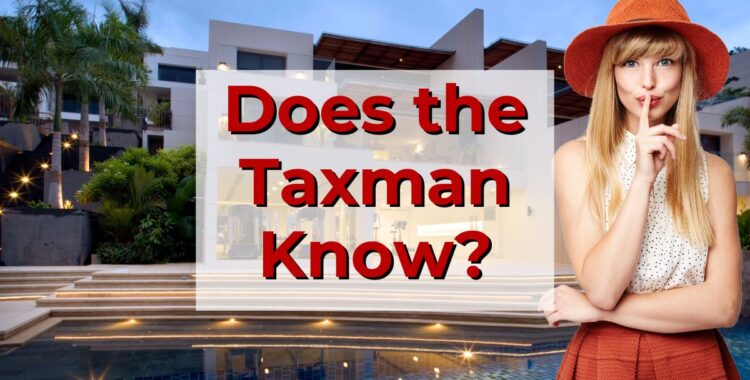Does the Taxman Know About Your 2nd Home?
What are the implications of not informing Spanish tax authorities about your second home?
Do you need to disclose your second home ownership in Spain or elsewhere to the tax authorities? What are your responsibilities, and what penalties might you face if you fail to comply?
Owning a second home in Spain is a popular choice, with 14.3 percent of Spanish families enjoying a getaway to the coast or mountains—significantly higher than France’s 6.4 percent or Italy’s 7.5 percent. This trend, highlighted by La Caixa and the Comprarcasa real estate network, shows no signs of slowing.
Affording a second home means considering additional tax responsibilities. Spain’s tax authorities require that you declare all such assets. Recent crackdowns have targeted those failing to declare their second homes or any associated rental income.
For Residents in Spain:
Even if your second property is used only occasionally for holidays, it must be declared as ‘vacía’ or empty on your tax return to avoid penalties for unoccupied properties. This is especially relevant given Spain’s ongoing housing crisis. Taxes are levied at two percent of the cadastral value, or 1.1 percent if reassessed in the last ten years. If rented out temporarily, taxes apply to both rental income and unoccupied periods. Permanent rentals also require quarterly income declarations, with taxes ranging from 19 to 47 percent.

For Non-Residents in Spain:
Non-residents owning holiday homes in Spain must also declare these properties. Known as the non-residents tax, it applies whether the property is rented out or not. EU citizens can deduct certain costs like management fees and are taxed at 19 percent on net rental income, while non-EU citizens pay 24 percent without deductions.
Even if your second home is not rented out, you’re still subject to an annual levy based on the property’s value.
For Homes Abroad:
Spanish residents with homes abroad must declare these assets if total overseas assets or savings exceed €50,000, using the Modelo 720 form. This form, necessary even if the property isn’t rented out, must be filed annually by March 31st for the previous year’s assets.
Failure to declare can lead to severe penalties, ranging from minor sanctions if undeclared income is under €3,000, to up to 150 percent of the undeclared amount for serious fraud.
At SGM Abogados, we understand the complexities of property and tax law both in Spain and internationally. Our expert team is ready to ensure you comply fully with all Spanish tax obligations, helping you avoid penalties while maximizing your financial benefits. Contact us today to safeguard your assets and peace of mind.











